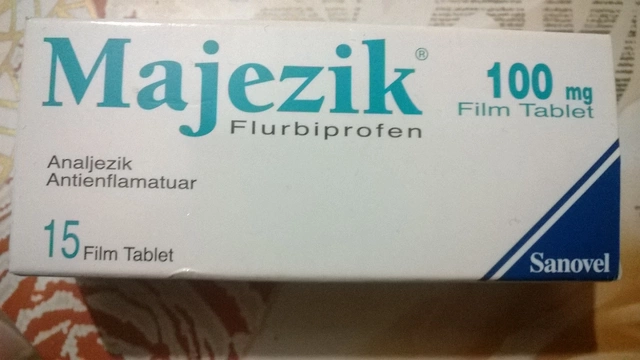Xanax alternatives: what works now and what helps for the long run
Xanax (alprazolam) relieves anxiety quickly, but its speed is part of the problem—dependence and withdrawal are common. If you're thinking about alternatives, you probably want relief that’s safer long term or options you can use when Xanax isn’t right. Below I’ll walk through real, practical choices and when each makes sense.
Quick options for fast relief
For moments when you need fast control of panic or performance nerves, there are safer short-term options. Hydroxyzine is an antihistamine that calms anxiety within an hour and isn’t addictive the way benzodiazepines can be. Propranolol, a beta-blocker, helps with physical symptoms like shaking and racing heart—great for public speaking or stage fright. Both are prescription meds, so talk to your doctor about dose and interactions.
Non-drug tools work fast too. Box breathing, grounding (name five things you see, four you can touch), and 4-4-8 breathing lower heart rate in minutes. These aren’t a cure, but they give you control when panic strikes and can reduce the number of pills you need.
Long-term alternatives that cut relapse risk
For ongoing anxiety treatment, antidepressants are often better than benzodiazepines. SSRIs like sertraline or escitalopram, and SNRIs like venlafaxine, reduce baseline anxiety and lower panic attacks over months. They don’t act immediately—expect weeks to feel steady benefits—but they don’t carry the same addiction risk and are safer to use long term.
Buspirone is another non-sedating option for generalized anxiety. It takes a few weeks to work and won’t give you the drowsy, sedative feel of Xanax. Pregabalin can help some people with generalized anxiety, but availability and rules vary by country—ask your prescriber.
Cognitive behavioral therapy (CBT) deserves a mention because it changes how anxiety runs in your brain. CBT teaches exposure and thinking tools so symptoms drop without relying on drugs. Many patients cut medication use after a period of CBT plus a medication taper.
If you’re on Xanax now, don’t stop suddenly. Withdrawal can be severe—taper slowly under medical supervision. Your doctor can switch you to a safer med, create a taper plan, or combine medication with therapy. Also avoid mixing alcohol or opioids with any sedative; that raises overdose risk.
Want to try supplements or herbal options? Be cautious. Some people use magnesium, melatonin for sleep, or short-term valerian. Kava can reduce anxiety but has rare liver risks—check with your doctor before trying anything new.
If anxiety interferes with work, sleep, or daily life, see a clinician. Acute danger signs—suicidal thoughts, severe panic with fainting, or confusion—need urgent care. For most people, a mix of safer meds, therapy, and daily habits (sleep, exercise, limit caffeine) gives better control than staying on high-dose benzodiazepines long term.
Talk openly with your provider about goals: fast relief, safety, or stopping meds. That conversation will point to the right mix for your life and lower your long-term risk.

Explore Alternatives to Atarax: Your Guide to Anxiety Relief
Discover alternatives to Atarax for managing anxiety. Dive into the pros and cons of Alprazolam (Xanax), evaluating its suitability for your needs. Navigate the complexities of anxiety medications with our easy-to-understand guide.
Health and WellnessLatest Posts
Tags
- online pharmacy
- medication safety
- generic drugs
- medication
- dietary supplement
- side effects
- online pharmacy UK
- drug interactions
- mental health
- impact
- online pharmacies
- statin side effects
- dosage
- generic vs brand
- pediatric antibiotics
- antibiotic side effects
- skin health
- health
- pain relief
- dietary supplements




